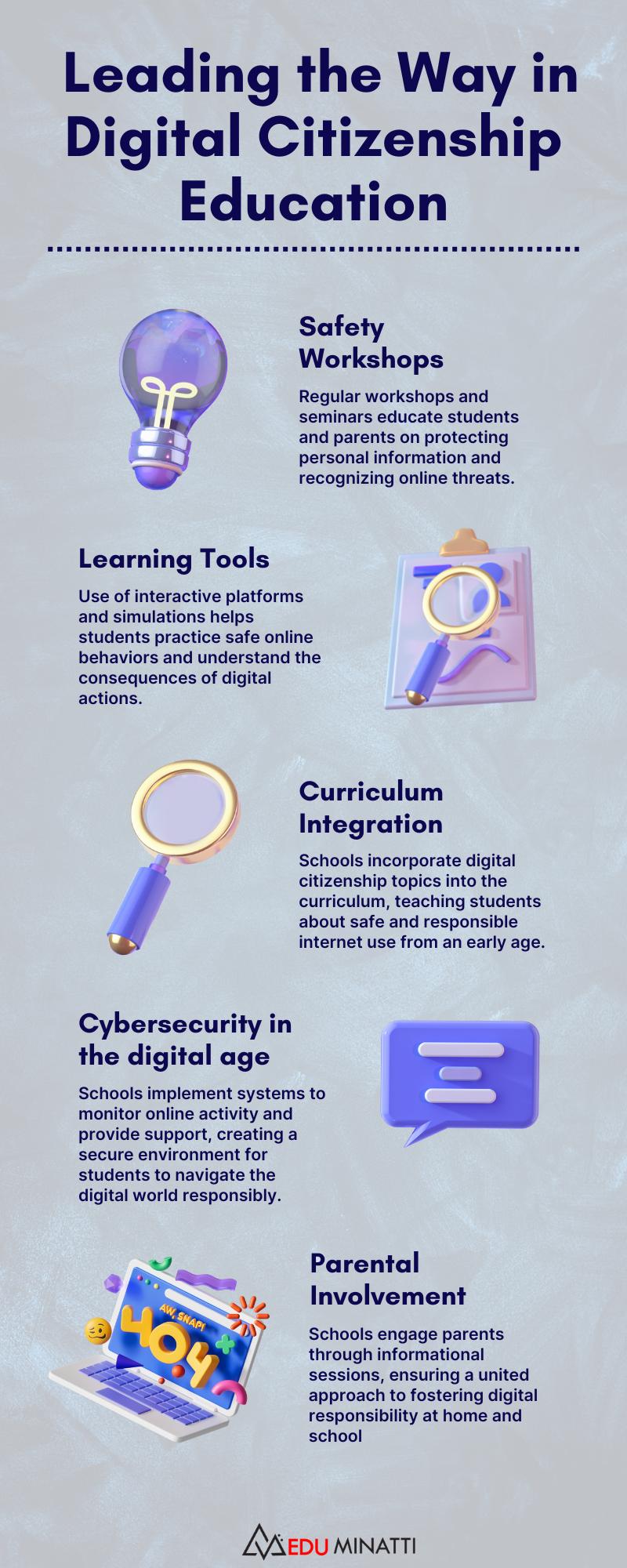In the landscape of educational success, the influence of parental involvement emerges as a critical determinant in shaping a child’s academic trajectory. As educators and policymakers grapple with strategies to enhance student performance, the role of parents has been consistently highlighted as a potent catalyst for academic achievement. This article delves into the multifaceted dimensions of parental engagement, examining empirical evidence and theoretical frameworks that underscore its significance. By analyzing diverse studies and expert insights, we aim to unravel the mechanisms through which active parental participation fosters a nurturing environment conducive to learning, ultimately empowering students to reach their full potential. With a confident exploration of these dynamics, we seek to illuminate the pathways through which parents can effectively contribute to their children’s educational success, transcending traditional boundaries and redefining the paradigm of academic excellence.
Understanding the Impact of Parental Engagement on Student Success
Research consistently highlights the crucial role that parental engagement plays in fostering student success. When parents actively participate in their children’s education, the results are significant and wide-ranging. Academic performance often sees a marked improvement, with students exhibiting higher grades and better test scores. Additionally, these students tend to have improved social skills and show greater resilience in overcoming academic challenges. This is largely because parental involvement can create a supportive home environment that reinforces learning, while also instilling a sense of responsibility and motivation in students.
Several key factors contribute to the positive outcomes associated with engaged parents. These include:
- Effective Communication: Regular interactions between parents and teachers help align educational goals and strategies.
- Supportive Home Environment: A household that values education encourages students to prioritize their studies.
- Active Participation: Parents who attend school events and participate in educational activities provide a model of lifelong learning.
By understanding and leveraging these factors, schools and families can work together to ensure that students are not just surviving, but thriving in their academic pursuits.

Key Strategies for Parents to Enhance Academic Performance
Parents play a pivotal role in shaping their children’s academic journey, and employing effective strategies can significantly boost performance. Creating a structured home environment is fundamental. Establishing a dedicated study space, free from distractions, helps children focus and associate the area with learning. Additionally, setting a consistent daily schedule that balances study and leisure time encourages discipline and time management skills.
- Engage in active communication: Regularly discuss school activities and progress with your child. This not only shows interest but also helps identify areas needing support.
- Encourage a growth mindset: Praise effort over results to foster resilience and a love for learning. Teach children that intelligence can be developed with dedication and hard work.
- Collaborate with teachers: Maintain an open line of communication with educators to stay informed about your child’s academic performance and behavior in school.
- Model lifelong learning: Demonstrate the importance of education by engaging in learning activities yourself, whether it’s reading books, taking online courses, or discussing new ideas.

Building Strong Partnerships Between Parents and Educators
In the intricate web of educational success, the collaboration between parents and educators emerges as a pivotal factor. When parents are actively involved in their child’s education, the benefits are multifaceted, enhancing not only academic performance but also fostering a nurturing environment for holistic growth. This synergy creates a supportive learning ecosystem where children feel valued and motivated to excel.
- Improved Communication: Open channels between parents and educators ensure that concerns are addressed promptly and progress is celebrated collectively.
- Enhanced Motivation: Children are more likely to engage with their studies when they see a unified front of support from both home and school.
- Tailored Learning Experiences: Parental insights help educators customize learning strategies to meet individual student needs, promoting better outcomes.
- Community Building: Strong partnerships cultivate a sense of belonging and collaboration, reinforcing the educational community’s strength.
Empowering parents to take an active role in their child’s education not only elevates academic achievement but also lays the groundwork for lifelong learning and success. By bridging the gap between home and school, we create a formidable alliance that champions the educational journey of every student.

Empowering Parents with Tools for Effective Academic Support
In today’s fast-paced educational landscape, parents play a pivotal role in shaping their children’s academic success. By equipping themselves with effective tools, they can become proactive partners in the learning journey. Technology serves as a powerful ally, offering resources like online tutorials, educational apps, and interactive platforms that cater to diverse learning styles. Additionally, fostering an open line of communication with teachers can provide valuable insights into a child’s progress and areas needing improvement. This collaborative approach ensures that parents are not just spectators but active contributors to their child’s academic endeavors.
Moreover, cultivating a supportive home environment can significantly enhance a child’s motivation and performance. Parents can adopt strategies such as:
- Establishing a dedicated study space free from distractions
- Setting consistent routines for homework and study time
- Encouraging a growth mindset by celebrating effort over perfection
- Engaging in regular reading activities to boost literacy skills
By integrating these practices, parents can empower their children to navigate academic challenges with confidence and resilience.



